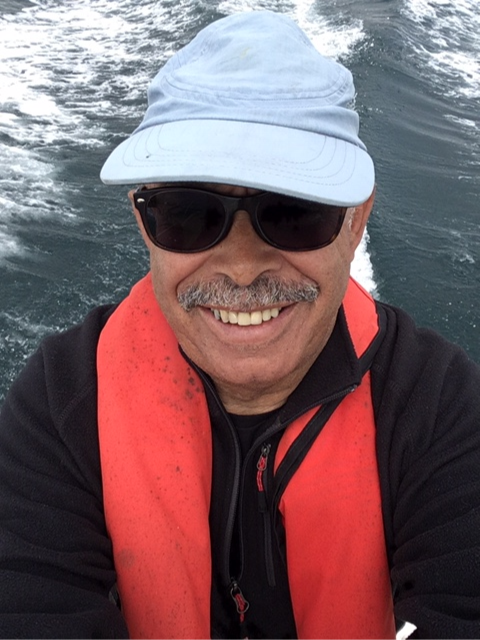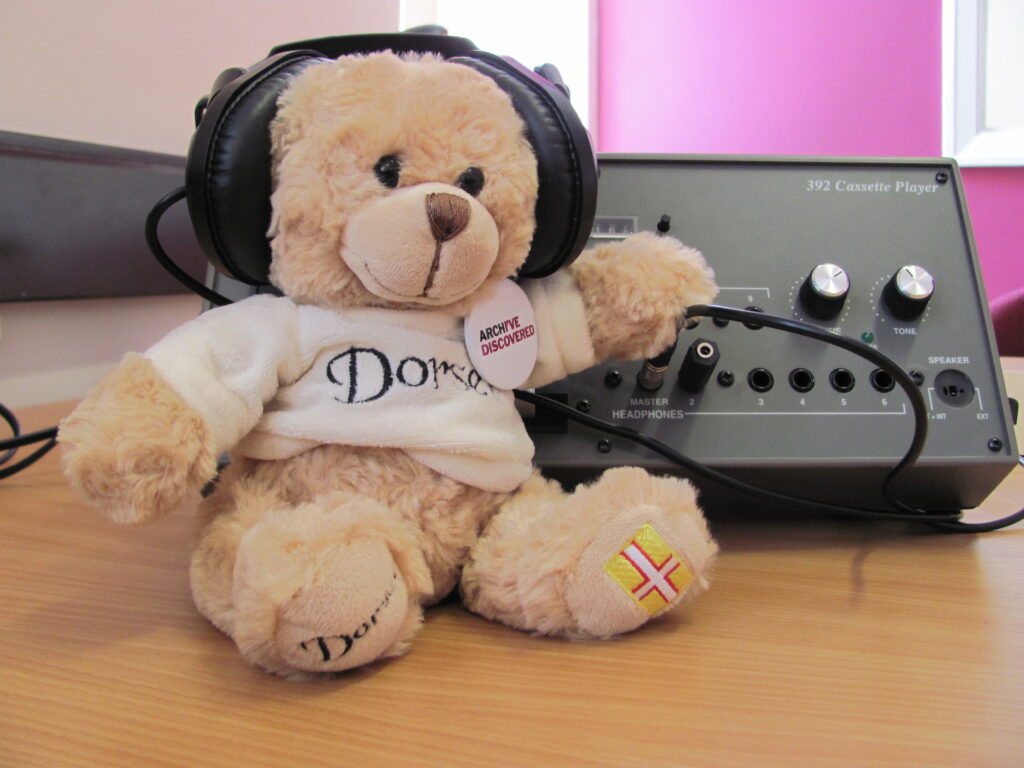At DHC our trained volunteers are usually collecting oral history interviews and we are usually working with several community projects which are planning a project or recording. However, with the advent of Covid these activities ceased.
We have followed advice from the Oral History Society and The British Library and have thrown the efforts of remote volunteers into transcription and analysis. The volunteers have done really well, especially as some of them have been working with Microsoft Teams software for the first time, and one new member of the team has not met any of us face to face! They have almost completed the transcriptions of the twenty-five oral histories we collected 2019/20 from members of the Dorset LGBT+ community, and two of our volunteers are working on analysis of this material with the help of a lecturer on Bournemouth University’s Public History course.

We were also able to transcribe a recent interview with John Stockley. John’s father was a Black GI in Weymouth and we drew attention to this interview during October’s Black History Month. However, John’s memories and reflections are fascinating listening at any time, and it is great that DHC is storing contemporary experiences and reflections for our descendants to learn from in the decades and centuries ahead.
Back in March we were accessioning a number of collections including material from Holton Lee and the Pilsdon Community and the Okeford Fitzpaine Local History Group. Members of the Dorchester Community Play were also about to start recording some of the history of this hugely influential local movement.
Since then several projects have been in touch wondering how they should proceed at present. Our best advice is to read the guidance jointly produced by the Oral History Society and the British Library.

This points to the over-arching importance of the welfare of both interviewer and interviewee and provides some very practical information on the technical and ethical challenges of remote interviewing. Currently, face to face interviewing is not an option, but the end is in sight and a delay in recording of a few months is not usually detrimental to a project– in fact it can allow more time and scope for project planning.
If you or your group are considering an oral history recording project do contact us for a friendly chat about how we can support you and ensure that your recordings have all they need to be preserved for posterity.


I think it’s wonderful to see an active effort to record the experiences of current Dorset residents, particularly those whose stories have often been purposefully overlooked and ignored in the past, so that future generations get a true picture of the variety of life in Dorset 🙂
Thanks Helen – voice recordings certainly add colour to our view of the past, and its always interesting to wonder how people will interpret our contemporary collections in a couple of hundred years!